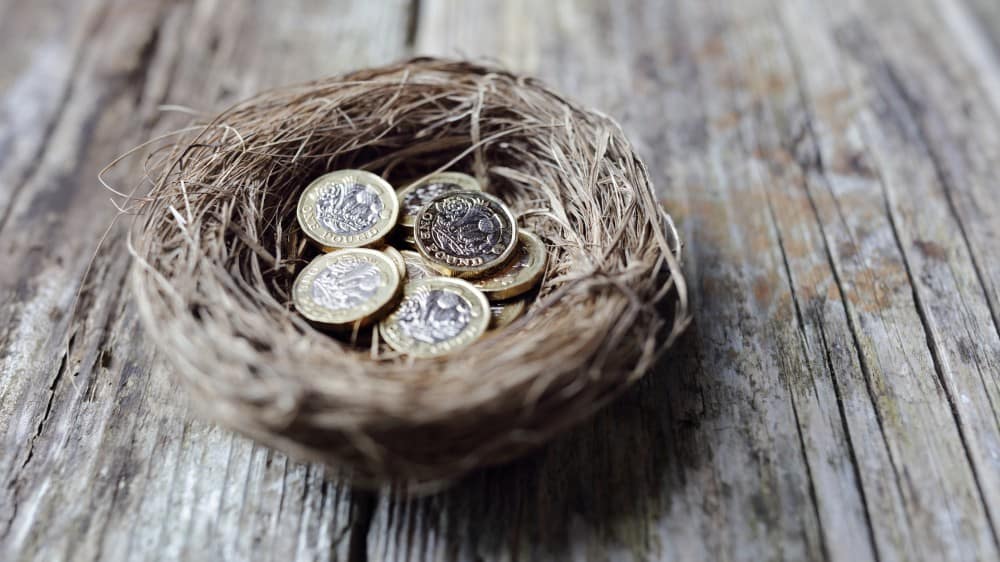With inflation rates going up and interest saving rates going down, it’s hard to figure out where to save your money for the best profits. So what’s a saver to do? Where do you go and where do you put your money to make the most of it?
According to Sarah Coles, personal finance analyst at Hargreaves Lansdown, the best place for your money depends on your goals and whether you’re willing to think beyond regular savings accounts.
Savings vs inflation doesn’t add up right now
Inflation is set to go above 3% this summer – higher than the 2.1% predicted by analysts.
Coles explains: “Right now, however long you’re prepared to fix your savings for, you can’t get more than 1.65% (Shawbrook Bank over seven years). Savers might feel they’re fighting a losing battle to stay ahead of inflation at the moment, but they can’t afford to give up.”
On the other hand, the Bank of England has established a base rate of just 0.1% for savings accounts. Now more than ever, where you put your money can make a world of difference.
While you won’t find amazing savings rates anytime soon, there are better offers out there if you’re willing to put your money in an account for a little longer.
Where to save your money for better returns
The longer you’re willing to put your money away, the better the returns you can expect. But before you do that, consider whether there’s a chance you’ll need that money in the short term.
For example, if you have six months of emergency funds saved up, you probably don’t want to put them into an account that will limit your access to them. “If the past year has taught us anything, it’s that life is desperately unpredictable, and having a safety net to fall back on can make a massive difference,” Coles says.
On the other hand, if you’re saving to put a down payment on a house or take your dream holiday in a few years’ time, setting your money aside for longer could be fine.
Where to put your money for long-term savings
Coles recommends looking at fixed rate accounts if you can leave your money untouched for a while. “At the moment, you can make 1% by fixing for a year and 1.15% by fixing for two,” she explains.
“If you’re putting the money away for five to 10 years or longer, it’s well worth considering investments. These will rise and fall in value over the short term, but over the long term stand a much better chance of beating inflation.”
If you’re considering investments, spend some time learning about them or look into using an advisor. Investing always comes with a certain amount of risk and returns aren’t guaranteed.
Experts recommend a ‘buy and hold’ strategy when it comes to investments. This means staying in the market for at least five years to get a better return average. While the market can go up and down, over a longer period of time (five to 10 years), investments tend to provide better return averages than saving accounts.







